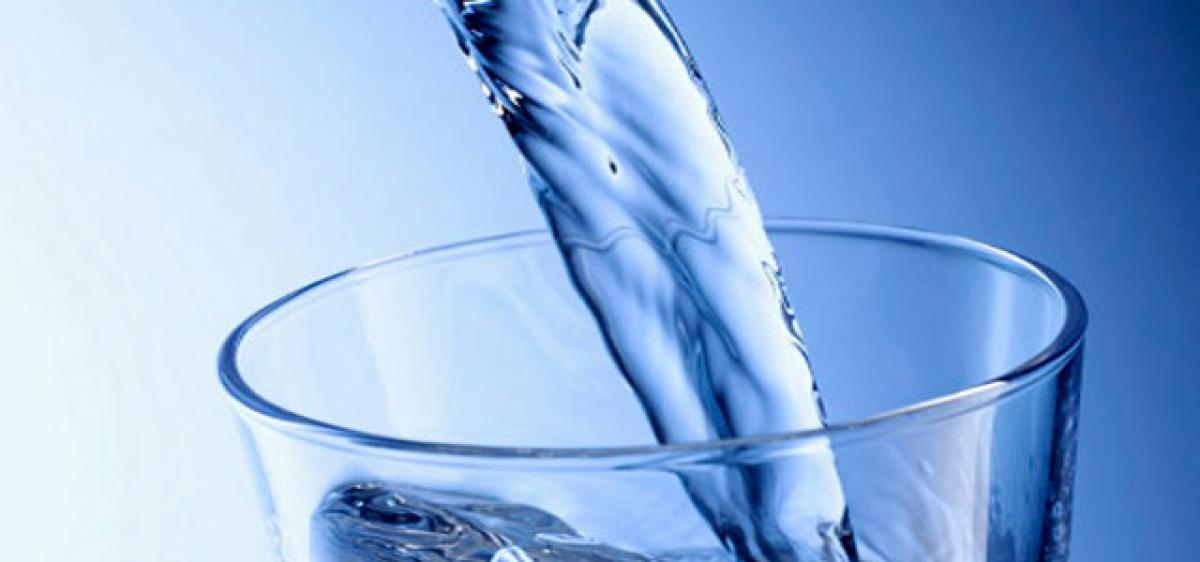Live
- Jesus is synonymous with sacrifice, forgiveness: Ponnam
- HC announces verdict in Kannada for the first time
- Uttam releases water from Nizam Sagar for Rabi crop
- TG to be Rs 84L cr economy in 10 years: Sridhar Babu
- First TGCHE, V-Cs meet deliberates on higher education roadmap for state
- 2 senior professors to join NALSAR
- Former Principal of SPW College passes away in US
- Hyderabad: Govt out to remove electric poles, transformers on roads across city
- KCR goes into huddle with State legal eagles
- Formula E race: KTR to be arrested soon?
Just In

Scientists have developed self-heating carbon nanotubes that can recover fresh water from waste salt solutions with almost 100 per cent efficiency, an advance that may help alleviate water shortages in arid regions.
Los Angeles: Scientists have developed self-heating carbon nanotubes that can recover fresh water from waste salt solutions with almost 100 per cent efficiency, an advance that may help alleviate water shortages in arid regions.
The research, published in the journal Nature Nanotechnology, involves the development of a carbon nanotube-based heating element that will vastly improve the recovery of fresh water during membrane distillation processes.
While reverse osmosis is the most common method of removing salt from seawater, wastewater and brackish water, it is not capable of treating highly concentrated salt solutions. These solutions, called brines, are generated in massive amounts during reverse osmosis as waste products and hydraulic fracturing, and must be disposed of properly to avoid environmental damage.
In the case of hydraulic fracturing, produced water is often disposed of underground in injection wells, but some studies suggest this practice may result in an increase in local earthquakes. One way to treat brine is membrane distillation, a thermal desalination technology in which heat drives water vapour across a membrane, allowing further water recovery while the salt stays behind.
"In an ideal scenario, thermal desalination would allow the recovery of all the water from brine, leaving behind a tiny amount of a solid, crystalline salt that could be used or disposed of," said David Jassby, an assistant professor at the University of California, Riverside.
"Unfortunately, current membrane distillation processes rely on a constant feed of hot brine over the membrane, which limits water recovery across the membrane to about 6 per cent," said Jassby.
To improve on this, the researchers developed a self- heating carbon nanotube-based membrane that only heats the brine at the membrane surface. The new system reduced the heat needed in the process and increased the yield of recovered water to close to 100 per cent.

© 2024 Hyderabad Media House Limited/The Hans India. All rights reserved. Powered by hocalwire.com







